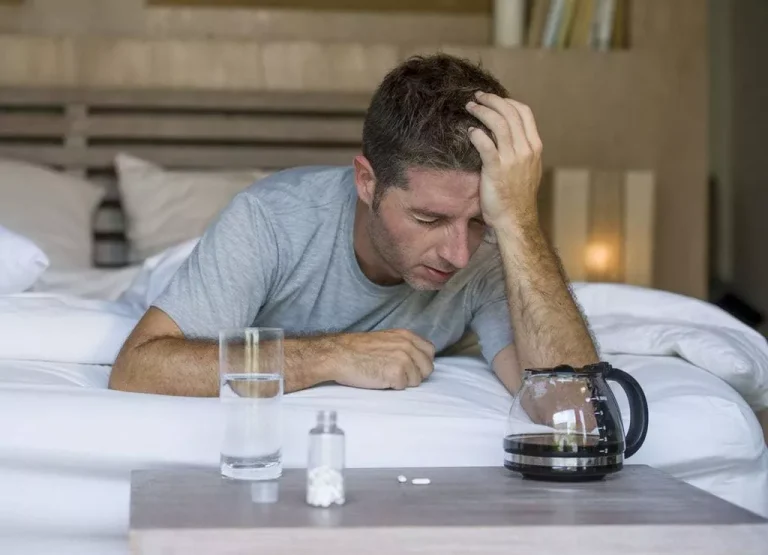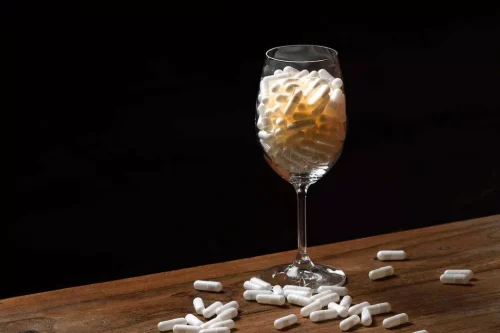
Delirium tremens has a fatality rate of 37% if untreated and is considered a medical emergency. We’re here 24/7 to help guide you or your loved on through rehab and recovery. Submit your number to receive a call today from a treatment provider.
Alcohol isn’t the key to stress relief. Here’s how to rewire your beliefs.
Once your brain and body have gotten used to the regular presence of alcohol, you’re alcohol-dependent. And once dependence sets in, suddenly stopping drinking can cause a number of reactions. For most people, these include anxiety, agitation, and difficulty falling or staying asleep. It’s possible to become dependent on alcohol within weeks or sometimes even days of use. The importance of sleep in overall health and well-being cannot be overstated. Quality sleep is essential for physical recovery, cognitive function, emotional regulation, and immune system support.
Insomnia After Binge Drinking

Within just a month of not drinking, your body can begin to reap the benefits. Your liver can start to heal, your risks of heart disease and cancer go down, and you may begin to sleep better. Research also shows that sleep disruption can last long after alcohol withdrawal symptoms cease. They may continue to occur in the two to six months of abstinence following withdrawal. There are many medications used to treat insomnia, including benzodiazepine and nonbenzodiazepine medications.
Casper duvet review: Casper’s new bedding line is sensational
- Another notable change during this phase is the reduction in sleep-related anxiety and insomnia symptoms.
- But longer naps or napping close to bedtime can backfire, leaving you feeling even more restless at night.
- By avoiding alcohol, you’re taking a big step toward improving physical health.
- When you inhale plant oils like lavender or chamomile, you may find a sense of calmness and relaxation.
These include breathing exercises, visualization exercises and progressive muscle relaxation. Alcohol can cause or aggravate a wide range of health issues, from liver diseases to heart problems. Once you expel it from your life, the body can invest energy once assigned to battling alcohol’s toxic effects into nurturing and rebuilding itself. Remember, these are averages based on research and does not how to sleep without alcohol apply uniformly to every individual experiencing insomnia after quitting alcohol. It always does good to approach this journey of recovery patiently and optimistically, savoring every little milestone along the way.
Sleep apnea is a medical condition that causes breathing pauses or shallow breaths while sleeping. Drinking alcohol relaxes the muscles in your throat, which can cause them to collapse and block your airway. If you think you may have sleep https://ecosoberhouse.com/ apnea, talk to your doctor about it.
Listen to your body, start slow, and gradually increase intensity as you feel stronger. If sleep issues persist despite maintaining sobriety and practicing good sleep hygiene, it may be beneficial to seek professional help. Sleep specialists can provide targeted interventions and treatments to address any underlying sleep disorders or persistent sleep difficulties. For those considering quitting alcohol, the potential for improved sleep quality can be a powerful motivator.


At The Recovery Village Atlanta, we are committed to helping people like you or your loved one recover completely from alcohol addiction as safely and comfortably as possible. We aim to help you stop using alcohol and empower you to maintain lifelong sobriety.Quitting alcohol may seem daunting; however, you can do it! You don’t have to take this journey alone; we are here to help you through each step of the way. Contact us today to learn how you can gain lasting freedom from alcohol.

To prevent snoring, make sure you’re drinking water before and during the flight. Avoid caffeine and alcohol, as both can lead to dehydration and worsen your snoring. When you’re sitting in a cramped airplane seat, especially if you recline, your head might tilt backward. This allows your tongue and soft palate to fall back, obstructing your airway and causing snoring. Knowing how to not snore on a plane often comes down to finding the right sleeping position. Snoring on a plane can be embarrassing, especially when you’re surrounded by fellow travelers in a quiet, enclosed space.
- Stopping alcohol can make you feel happier by allowing you to experience positive emotions without alcohol.
- This stage is what is referred to as “restorative sleep” – when the body works to repair itself and boost functions.
- In fact, difficulty sleeping is one of the most common alcohol withdrawal symptoms and one that causes many to relapse.
- When you drink for emotional relief, you desire to avoid your experiences as they are presented to you, and instead replace them with something else or ignore them all-together.
- Even though a glass or two may help you initially drift off faster, it probably won’t benefit your sleep quality in the long run.
Excess weight around the neck can put extra pressure on your airway, increasing the chances of snoring. Losing weight and making healthier lifestyle choices can lead to long-term improvements in your snoring. You might realize that you look forward to weekend mornings now instead of dreading hangovers and hangxiety. Spending quality family time or pursuing our hobbies becomes much more fulfilling than alcohol use.